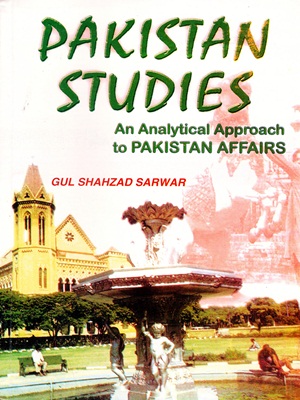
Week 9-10: Determinations and Objectives of Pakistan’s Foreign Policy
Foreign policy, solely guided by a country’s national interest, is used as a tool by a particular country for dealing with the outside world in various areas such as security, economy, trade, commerce, culture and technology. As International Relations have been evolving since the treaty of Westphalia, the conduct, methods and scope of foreign policy have also been changing. In the age of Globalization, more and more areas of global, regional and bilateral interactions today fall within the ambit of foreign policy. Terms like cultural diplomacy, citizen diplomacy, commercial diplomacy, defence diplomacy, digital diplomacy, economic diplomacy and regional diplomacy are presently considered part and parcel of foreign policy.
Moreover, in the present era countries rely on a number of methods such as hard power, soft power and smart power in order to achieve foreign policy goals. Ultimately, the purpose and function of a country’s foreign policy is to skilfully use its collective strength in order to achieve desired ends and prevent incoming threats. In any discussion on foreign policy, it needs to be remembered that all states — as realism suggests — are rational not emotional actors. Against this backdrop, two more points need to be noted. Firstly, foreign policy is the reflection of a country’s internal environment and secondly, states’ foreign policy remains neither static nor rigid. As the famous realist dictum asserts “states neither having permanent friends nor permanent enemies” goes by, the success of foreign policy, therefore, depends on rationality and in its close consonance with the grand strategy, security policy and domestic policy of a country.Pakistan’s foreign policy, like that of any other country, will be hugely affected by our internal environment. Our overall national interest, foreign policy goals and the objectives of our national security and foreign policy are linked to political stability, economic strength, good governance, vibrant institutions and social cohesion. Thus, the best of our foreign policies will not bring us any good unless and until we put our own house in order by bringing law and order, eradicating corruption, improving governance and economic management. Lastly, in order to create a favourable domestic environment, we need to consolidate the effects of operation Zarb-e-Azb and move harder against militancy, sectarianism, fanaticism, and extremism.


